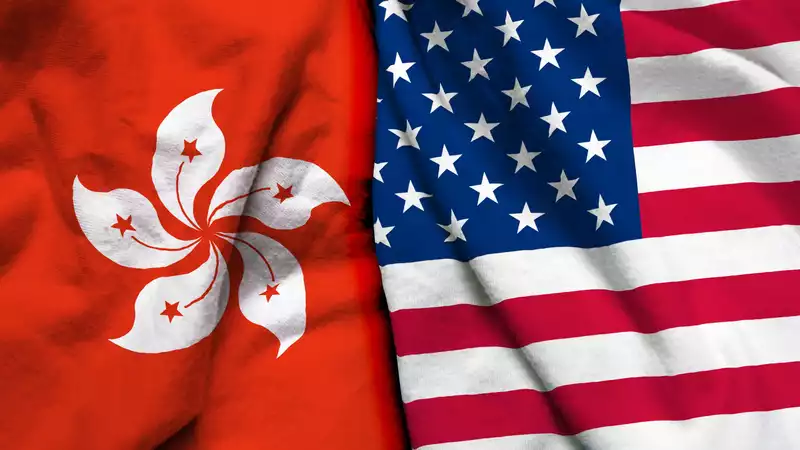As China tightens its grip on Hong Kong using a controversial new security law, the United States has announced that it will halt trade in sensitive technology with the nominally autonomous city-state.
On Monday (June 29), U.S. Commerce Secretary Wilbur Ross announced the measure, citing fears that exporting defense innovations to Hong Kong could endanger national security.
He warned that U.S. defense technology could fall into the hands of Chinese military and security forces and be used in state-sponsored cyber attacks. [According to the Wall Street Journal, the technology in question includes "telephoto lenses for guns, satellites, and computer chips." The Wall Street Journal noted that the U.S. is Hong Kong's second largest trading partner after mainland China.
"The new security measures imposed on Hong Kong by the Chinese Communist Party have increased the risk of sensitive U.S. technology being diverted to the People's Liberation Army and the Ministry of State Security, while undermining Hong Kong's autonomy," Ross said in a statement posted on the Commerce Department's website.
"These risks, which the United States refuses to accept, have led to the revocation of Hong Kong's special status."
Ross blamed the Chinese government for its decision to impose new national security laws on Hong Kong, which has operated as a special administrative region with extensive economic, legal, and political autonomy since the British returned it to China in 1997.
The U.S. has restricted the export of sensitive defense technology to mainland China, with the exception of Hong Kong, which had been considered quasi-independent from Beijing. However, Hong Kong has been considered an exception because it was considered quasi-independent from Beijing.
"The Commerce Department regulations suspend the granting of preferential treatment to Hong Kong over China, including the availability of the export license exception," Ross said. Further steps to eliminate preferential treatment are also being evaluated."
He urged China to reconsider its current policy, contrary to the agreement Beijing made with Britain to leave Hong Kong alone until 2047.
"We call on Beijing to immediately change its policy and fulfill the promises it made to the people of Hong Kong and the world," Ross said.
The new "People's Republic of China Law on National Security in the Hong Kong Special Administrative Region" passed China's rubber-stamp parliament earlier this week and went into effect today (July 1), the 23rd anniversary of the British departure.
The law makes any criminal act that China considers "secession," "sabotage," "terrorism," or "conspiracy with a foreign state" a criminal offense punishable by life in prison. Stopping traffic, as democracy protesters in Hong Kong routinely do, is considered "terrorism," occupying a government building is considered "subversion," and demanding independence is considered "secession."
For many, the new law signals the end of Hong Kong's autonomy. Hong Kong's independent Legislative Council is already dominated by pro-Beijing legislators, and China has long sought to curb free speech in Hong Kong, where the censorship common on the mainland does not apply.
Jake Moore, a security specialist at ESET, told Tom's Guide: "When tensions rise, governments can make quick or rash decisions in the name of security. But the security of sensitive data is paramount and remains a significant threat to the intelligence community.
"At the heart of these decisions is the critical threat of data breach. No matter how great that risk may be, some countries are taking additional precautions and doing all they can to mitigate the risks that may be presented now or in the future.










Comments